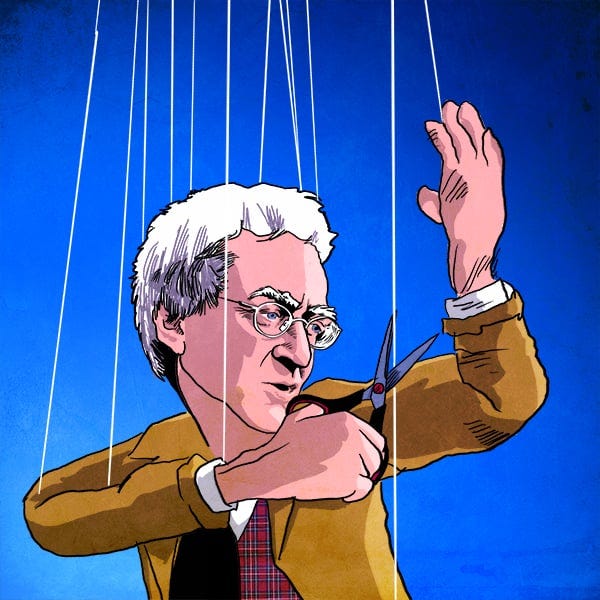G.A. Cohen's Confusing Position on Free Will
Socialist philosopher G.A. Cohen put belief in human free will at the heart of his account of egalitarian justice. He also thought it was incompatible with determinism.
Determinism is the claim that all events are related across time by law-like operations of cause and effect. If the cause happens, the effect must follow. Given a total snapshot of physical reality at Time T1 and all the relevant physical laws, there’s only one possible way reality could be at Time T2. And, crucially, the determinist holds that all of t…



